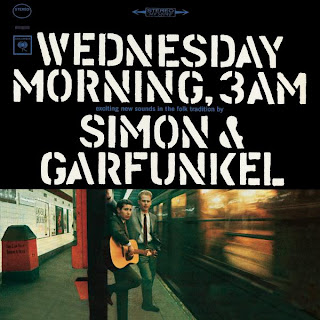After six months finishing out his contract with ABC as host of the daytime game show Who Do You Trust?, Johnny Carson started his historic tenure as the host of The Tonight Show on October 1, 1962. Like the hosts before him, Carson built his career through variety shows and hosting gigs on radio and early television. Despite being a prestige television job, not many comedians wanted the workload The Tonight Show required, even Carson (but he "relented.") Already a rising star, Carson ascended even higher to become one of television's and New York's most familiar faces. As a major star in New York, Carson was a natural choice to help promote the 1964 New York World's Fair. Thus, his debut album was Johnny Carson's Introduction to New York and the World's Fair which released in 1964 on Columbia Records.
Part curio and entirely promotional, Johnny Carson weaves together travel tips, comedy bits and an aural tour of popular exhibits for the upcoming World's Fair in New York. The album sounds like a piece of reportage where Carson escorts the listener through New York and then through the Fair making wisecracks during encounters with denizens and funny scenarios one might run into as a tourist. On television, Carson has a knack for making the most scripted and rote material seem off-the-cuff and fresh. He has less success without an audience or a camera to perform to. Carson still maintains his conversational charisma but is too scripted to allow for one of his greatest strengths: making a bad joke go down a little easier. Unfortunately, the album is full of the expected bad jokes that Carson can't do much about or with (about cabbies and panhandlers, parking and traffic, restaurants and tipping) and that's before the minefield of standard racist and misogynistic jokes that comes with a 60's tour of the "world." It's a fascinating album all the same as a capsule of an event and a transformed New York even if the jokes are so common that they would have sounded just as tired promoting the 1939 New York World's Fair.
Note: This album has not yet made its way online.
Here is the discography surrounding Johnny Carson's debut album:
Johnny Carson's Introduction to New York and the World's Fair
The Johnny Carson Show (Sep. 1, 1955)
The Tonight Show Starring Johnny Carson (Jan. 14, 1964)
The Tonight Show Starring Johnny Carson (Dec. 31, 1965)
Pass the Headphones!!









